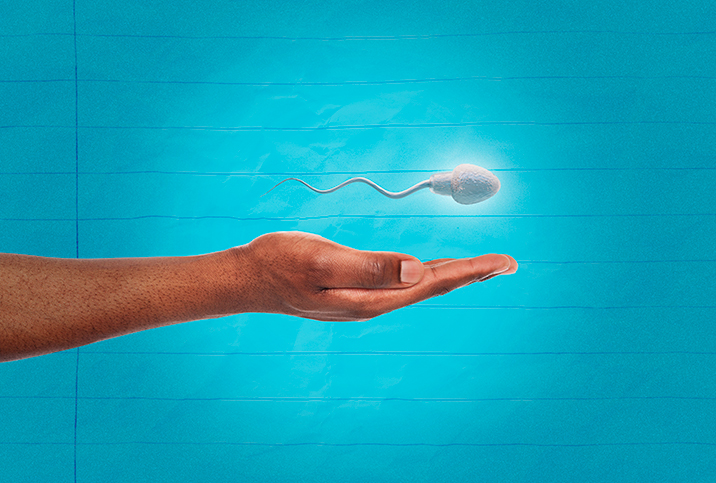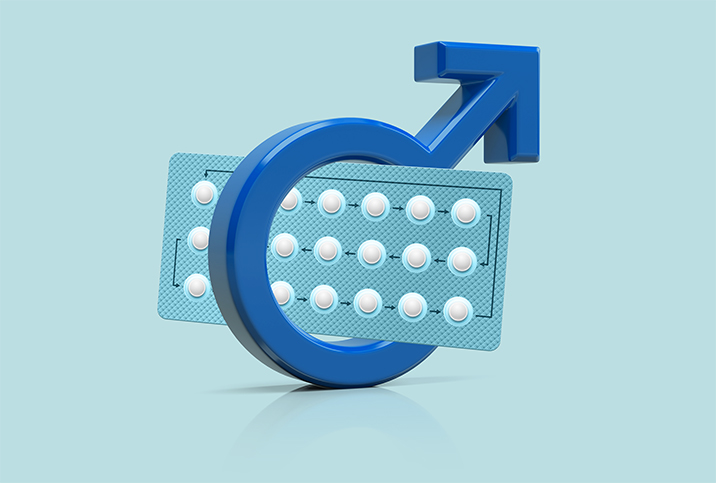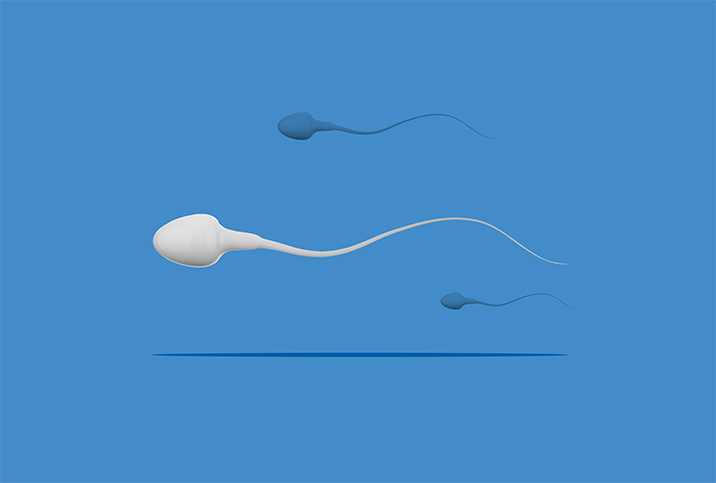Bet You Didn't Know These Male Fertility Facts

Helping people bear babies brings big bucks.
By 2027, would-be parents in the United States having difficulty conceiving will spend $37 million annually on fertility services, up from $26 million in 2019, according to the firm Marketing Research Future.
According to a 2019 article in The Economist, 1 in 60 children born in the U.S. were conceived using assisted reproductive technology (ART) such as in vitro fertilization (IVF) and others.
Costs for these procedures vary by state and clinic, but many estimates indicate they start at about $10,000 and can run up to $15,000 in the U.S., plus they often don't work on the first attempt.
Given that about one-third to one-half of the infertility cases with a known cause are tied to male-factor infertility, it's important for couples to explore various factors of potential male fertility trouble before relying on ART.
Testosterone isn't the only supplement to watch out for
Testosterone is tricky to manage when you're trying to get pregnant, because more is not necessarily better, especially for supplementing your levels. But it's not the only supplement you have to watch out for.
Guys who want to conceive with a partner must be careful about managing testosterone replacement therapy (TRT), because exogenous testosterone can shut down your body's natural testosterone production and, thus, your ability to produce sperm. At the very least, make sure your healthcare provider knows you may want to conceive—even if it's at some unknown point in the future—before you start on TRT.
Additionally, if you use steroids to help build muscle or for any other reason, these, too, can have a negative effect on your body's ability to produce sperm naturally.
"A lot of the steroids we use to treat low testosterone are similar medications that bodybuilders would use when they're trying to gain muscle mass," said Amy Pearlman, M.D., a urologist and the director of men's health at the Carver College of Medicine at University of Iowa Health Care. "That's why bodybuilders have testicles that will sometimes shrink, and a lot of them have male-pattern hair loss. It's all because of the downstream signaling of testosterone."
Fortunately, it's not always a lock your testicles will stop producing sperm if you're on TRT or steroids. Your healthcare provider can prescribe human chorionic gonadotropin (hCG), which stimulates your testicles to produce testosterone on their own and, thus, continue making sperm. You have to make sure you clearly communicate your reproductive goals.
Testicular trauma and antisperm antibodies
Uncommon as it is, there's a way in which a man's body can produce an immune response to his own sperm following testicular trauma, surgery, torsion or a vasectomy via something called antisperm antibodies. It's exactly what it sounds like: If the man's sperm make contact with the bloodstream, the immune system may make antibodies to attack all of his sperm as if they were an infection. It can cause the man's body to kill his own sperm, thus, potentially affecting his fertility.
"The risk factors for antisperm antibodies include some sort of trauma or surgery to the testicle," said Neel Parekh, M.D., a urologist and men's fertility specialist with Cleveland Clinic. "Any patient who has surgery in that area is at risk for antisperm antibodies."
Again, it's exceedingly rare, and Parekh emphasized it's not even something doctors routinely check for unless the man has a history of trauma or other risk factors. Be sure to mention any of these factors when your fertility healthcare provider is taking your history.
Sugar can affect reproductive function
Some recent studies suggest sugar-sweetened beverages may be associated with lowering men's sperm quality. To be sure, the risks of failing to control your sugar intake are known to affect a host of reproductive functions.
But fertility experts say it's difficult to pin something as complex as semen-quality issues on a single environmental factor such as sugar.
"With that sugar study, there are just way too many compounding factors that can affect the results," Parekh said. "There's just no way to control for everything in that patient's diet and environmental exposures. I tell patients, eat a healthy diet, eat fruits and vegetables, avoid processed foods, that sort of thing."
At risk of being cliché, moderation is key.
To sleep, perchance to conceive
One action you can take to help your semen quality—and this has been shown in study after study after study—is get quality sleep.
"Testosterone can be negatively affected by poor sleep cycles," Parekh said. "Intratesticular testosterone can be an important part of sperm production. Right now, we don't have a good way to measure intratesticular testosterone; we can only measure the serum testosterone. But that can be negatively affected."
Indeed, studies have suggested testosterone production can drop by as much as 10 percent to 15 percent if you go even one week of getting only five hours of sleep nightly.
Poor sleep quality can affect your ability to conceive in a number of other ways, too. For one thing, both partners have to be present and ready to rock if they want to conceive the old-fashioned way.
"In order to conceive, you have to be having sex," Parekh said. "So if you're not sleeping well, you're tired, that can affect your erections and your ability to time intercourse. If you work nights and your partner works days, that can make it really difficult also to time intercourse."
Men's fertility, as should be obvious, involves a highly complex interplay of various bodily functions, environmental factors and lifestyle choices.
But by focusing on what you can control—and working closely with fertility experts on the rest of it—you can at least take some measure of agency to ensure you have the best outcomes in your efforts to start a family.


















